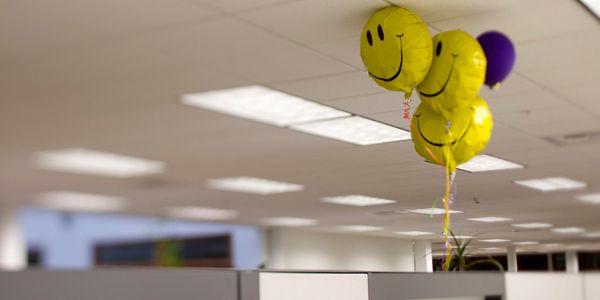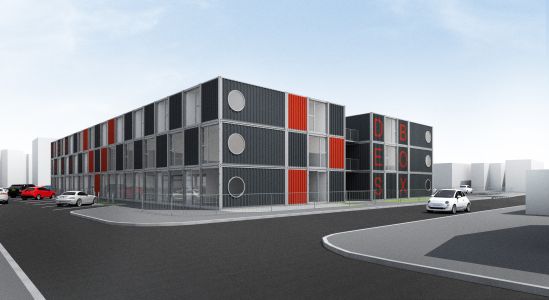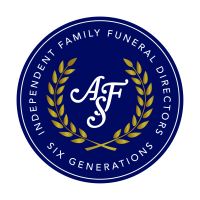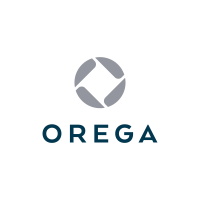- By Joanna Kearvell, Head of Occupier Services, Chandler Garvey
- 18 June, 2018

Share by email
A break option provides an opportunity to exit premises if they are no longer working for you. What should you consider before doing so?
Business premises are incredibly important to every occupier and, second to staff costs, are the largest expenditure for most businesses. Having a break option in the lease provides an opportunity to exit the premises if they are no longer working for the business.
Questions to ask
Do we need larger or smaller premises?
For businesses that are downsizing and requiring smaller premises, breaking the lease and acquiring new premises can save on costs. The value language of property is referred to as pounds per square foot, and therefore less space will generally incur less cost. A business could take less space but upgrade to better quality space which may have the same rental cost. Improved quality premises will have a positive impact on the business, enable better attraction and retention of staff, and increase productivity.
For a growing business, moving to new premises can fast track growth, particularly for manufacturing companies. Finding out how much space the business needs is an important part of the process. Workspace consultants can analyse current working methods and advise on modern practises including agile working to ensure the new premises fit the business.
Do we know how to break the lease correctly?
Once the decision has been taken to break the lease, it is imperative that the conditions within the lease are adhered to. Each lease will give strict instructions on how to break it, for example by letter to the registered address of the landlord with 6 months’ notice. If a business is late posting their break notice, even by a few hours, this will mean the break option is not valid.
Generally, all rent and service charge costs must be paid to break the lease. The tenant will also need to comply with repairing obligations.
If the lease does not include a break option, then other options include assigning or subletting the whole or part of the premises. These are referred to as Alienation Provisions and are subject to the conditions within the lease.
If we break the lease, what sort of premises do we need?
Acquiring new premises is a time-consuming and costly process. At the very start of the process it is vital to have a brief of what the business premises should include, together with the preferred size. Workspace consultants can advise on the correct size of premises for your business. Having professional representation at this stage can be helpful in saving senior management time and ensuring that the business is taking the right premises at the right cost.
Relocating can provide a great opportunity to improve the working environment for staff, which in turn can increase staff morale and productivity. We urge all of our clients to think of their premises as an investment.
Like any investment in the business, careful planning and thought is required, but the returns can be many fold with property, specifically regarding staff attraction and retention in a world where younger workers in particular are more selective about the environment they work in and the location of the business premises relative to local amenities.
Free workshop from Chandler Garvey on business premises
Chandler Garvey is running a series of free workshops for Buckinghamshire Business First members. Each workshop will focus on key points to consider regarding your business premises - not only in acquiring them, but maintaining them. The next workshop will take place on 4th July at our High Wycombe offices at 4 Paul’s Row, High Wycombe, 11am-12pm.
Joanna Kearvell is Head of Occupier Services at Chandler Garvey. Chandler Garvey is an Ambassador Member of Buckinghamshire Business First with 5 offices across Buckinghamshire and Berkshire, and more than 30 years of experience in assisting local businesses.







